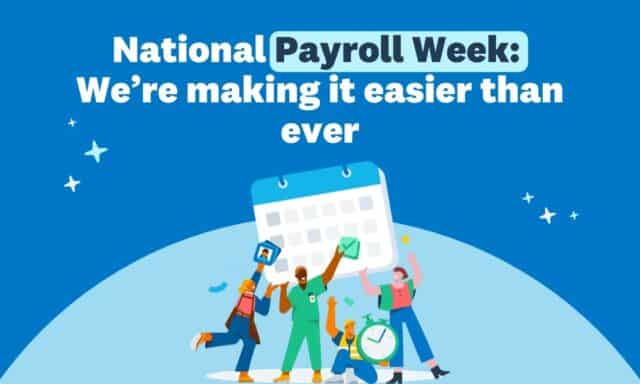
Stronger and smarter: The key to business continuity planning
Last updated: Nov 22, 2023

The posts in this series have been drawn from Xero’s Stronger and smarter: a small business handbook. Designed to help small businesses determine which steps to take next, this practical guide uncovers the 10 trends shaping the future – so you can come back stronger and smarter than ever.
One of the big lessons of 2020 has been the need to have a robust business continuity plan in place. This learning has become all the more pertinent in light of the fast-moving nature of lockdown restrictions, which can change from one week to the next.
For many business owners, the impact of a succession of multiple shocks has made for anxious times. Bushfires, smoke pollution, wild storms, a global pandemic and economic shutdown have taught us that businesses need the capacity to withstand a range of challenging scenarios.
Nobody could have expected this chain of events, and it’s forced small business owners to entirely rethink their approach to planning.
Understanding business continuity plans
A business continuity plan is an outline of the steps you’ll take to help your business be prepared for events that could cause disruption. It’s a strategy to keep you strong in the face of a range of potential future scenarios, whether that’s natural disasters, equipment failure, or a cyber attack.
In a crisis, people feel compelled to focus on immediate pressures – the here and now. As we move through phases of recovery and growth, it can be easy to remain stuck in that mindset, and lose sight of the medium to longer term.
While you work through the current challenges facing your business, it’s a good idea to also keep an eye on future goals and the risks on the horizon. That’s where a business continuity plan can help.
Building a plan that’s right for you
Working with your team, think through which disruptions your business is most likely to face, and which would have the biggest impact. Then write down the actions you’ll take to avoid damage, maintain productivity, and recover.
Importantly, your plan should include steps you can take now to prevent business disruption, as well as response strategies that would only be used in the event of an emergency. You might also incorporate the lessons you’ve learnt from the pandemic.
Whichever way you look at it, building some advance planning into the ongoing core work of your business is smart thinking. It provides that little extra peace of mind, knowing that your team has the strength and resilience to keep things moving, even if emergencies arise in the future.
Consider your customer
- How will you communicate and connect with your customers during a crisis?
- How can your customers best access your products or services during different types of disruptions?
- Are there ways you can help your customers meet their urgent needs during future emergencies?
Consider your business
- Do you have a way to enter ‘hibernation mode’ and recover afterwards?
- Are there opportunities to partner with other businesses during a future crisis to ensure mutual survival?
- How can you build in time to evaluate and adapt your plan and your regular business reporting as you learn more about the new operating environment?
Tips
- Develop contingency plans to deal with the most likely risks and those that would have the most impact
- Review and update your plans regularly to ensure they remain current.
- Rehearse how you would handle the most probable threats, so that your team is clear on how they can help should the need arise.
- Reach out to your network to learn from the experiences, insights and advice of other small business owners who have faced disruption before.



